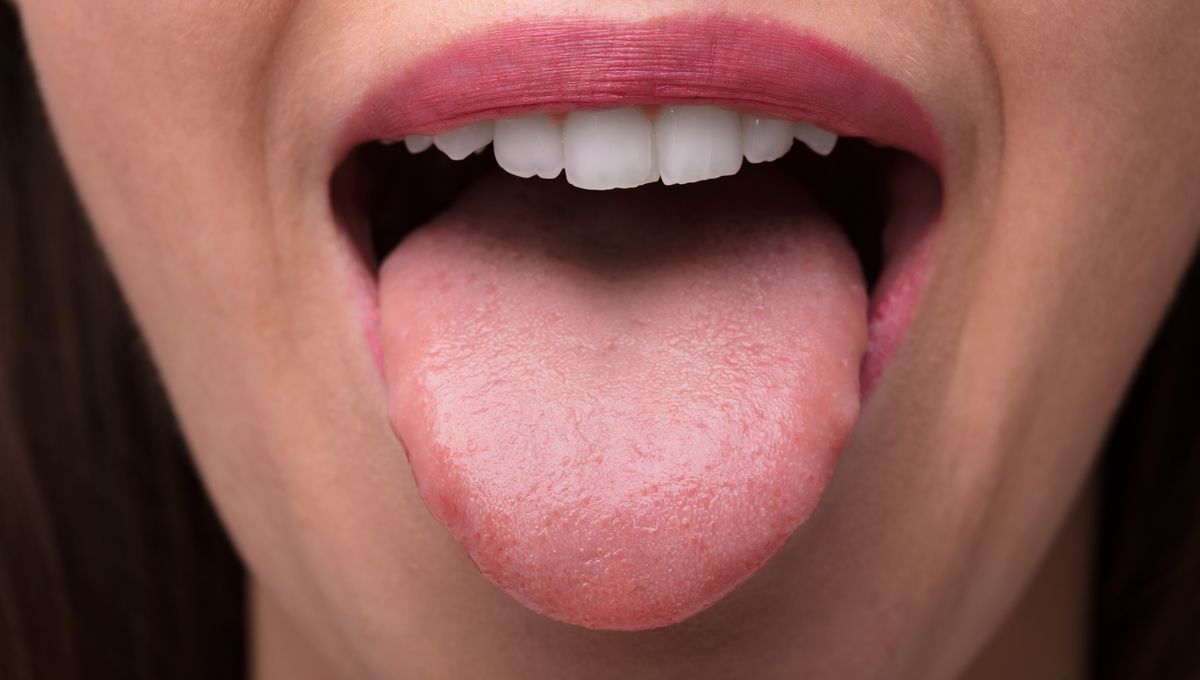
Do you think you have good taste? Not the type that makes you judge other people for wearing Shrek-themed Crocs outside of the house, that is, but one of the five senses. If your tongue happens to be home to some key features, science might even deem you a supertaster.
What’s a supertaster?
The term “supertaster” was first coined back in the 1990s by American psychologist Dr Linda Bartoshuk, now a professor at the University of Florida. In a series of studies on taste blindness, Bartoshuk and colleagues discovered that some people are able to taste the chemical 6-n-propylthiouracil, or PROP, as intensely bitter.
But that’s not all – these people also had more fungiform papillae. These are tiny mushroom-shaped structures on the tongue that contain tastebuds, the clusters of receptor cells that give us our sense of taste.
Combine the two features and you’ve got yourself a supertaster. Around 25 percent of people belong to this group; the remaining 75 percent of the population is made up of medium or “average” tasters (roughly 50 percent) and non-tasters (25 percent), the latter of which can’t taste PROP at all.
Who’s more likely to be a supertaster?
Studies on supertasters have also revealed that women are more likely to be part of this group than men, with Bartoshuk estimating that in the US, around 35 percent of women and only 15 percent of men are supertasters.
However, women’s ability to detect bitterness can also be affected by sex hormones. Women supertasters might find bitterness less intense during menopause, for example, when sex hormones decrease.
What’s it like to be a supertaster?
Having a strong sense of taste might sound like it’s all fun and games, but for many people, it can make eating food a pretty unpleasant experience. Supertasters could easily be misconstrued as simply being “picky eaters”.
This often rears its head when eating vegetables, many of which have a bitter taste; alcohol and cigarettes can be the same. Spicy foods can also present a problem, as having more taste buds also means they have more of the surrounding pain receptors that fire off when we tuck into a juicy jalapeno.
One study also suggests that supertasters seem to prefer foods high in salt, in general, but it might also provide them with a way of cutting through bitterness in order to get the veggies in.
It’s not all bad news though, as Bartoshuk explained in Duke University’s The Leading Voices in Food podcast. “One of the fun things that we’ve learned about supertasting though is that it’s related to how much pleasure you get from food,” the scientist explained.
“If you’re a supertaster, you get more pleasure from the things you really like. That is your favorite food is hedonically more powerful if you’re a supertaster.”
How to tell if you’re a supertaster
Besides a dislike of spicy foods and the ability to taste PROP, there’s a simple way to see if you’re a supertaster, involving your tongue, some blue food coloring, and a magnifying mirror (or a magnifying glass and a mirror).
- Swab your tongue with blue food coloring.
- Look at your tongue in the mirror and search for small circles (usually 1 millimeter (0.04 inches) or smaller) that are a lighter blue than the rest of the tongue – these are your fungiform papillae.
- Then, create a template around 6 millimeters (0.2 inches) in diameter – about the same as a hole punch.
- Place the template on the tip of your tongue, touching both its midline and an edge.
- Count how many fungiform papillae are within the circle.
And here’s how that translates to your supertasting ability:
- 15 or fewer – this means you’re likely to be a non-taster.
- 15 to 35 – you’re probably part of the 50 percent of people who are average tasters.
- 35+ – congrats (or not congrats, depending on how you look at it), you’re likely to be a supertaster!
Have you tried the test? Let us know what you find.
All “explainer” articles are confirmed by fact checkers to be correct at time of publishing. Text, images, and links may be edited, removed, or added to at a later date to keep information current.
Source Link: What’s A "Supertaster" And Could You Be One?